You don’t often hear calls for more managers to solve the crisis in the NHS. But at The Spectator’s Health Summit held in Westminster this week, a panel hosted by Isabel Hardman asking ‘Is the NHS badly run?’ came to that conclusion. Conservative MP and chair of the Health Committee Steve Brine, Labour’s shadow health minister Karin Smyth MP, NHS chief strategy officer Chris Hopson and director of the Reform think tank Charlotte Pickles all agreed that managers might be the answer. ‘The NHS is actually woefully under managed in terms of operational performance,’ said Pickles. ‘And that is an issue. And yes, in some instances you do want clinicians as managers and some you don’t. You want people who are really good managers.’
Who is to blame for the current state of the health service? Does the ultimate responsibility of the service lie with politicians or organisations like NHS England? Pickles pointed to the need for elected governments to have final say over health service decisions. ‘The idea that you should depoliticise the NHS, I think, is ludicrous,’ she said. It being one of the biggest single tax expenditures the country has, ‘of course the electorate must be able to elect a government that sets those, because that’s a very different thing.’ But is the relationship between the secretary of state for healthcare and NHS England a constructive one? ‘There’s a whole lot of conversation as to whether the creation of NHS England was a good thing,’ said Pickles.
‘The structure that is obviously set for the way the health service works is actually set by politicians, and it’s our job to work within that structure,’ Hopson responded, pointing to the need for accountability from politicians ‘in a system in which £160 million of taxpayers’ money is going on the health service’. At the same time, Hopson said, NHS England ‘has to ensure that appropriate value for money is delivered’.
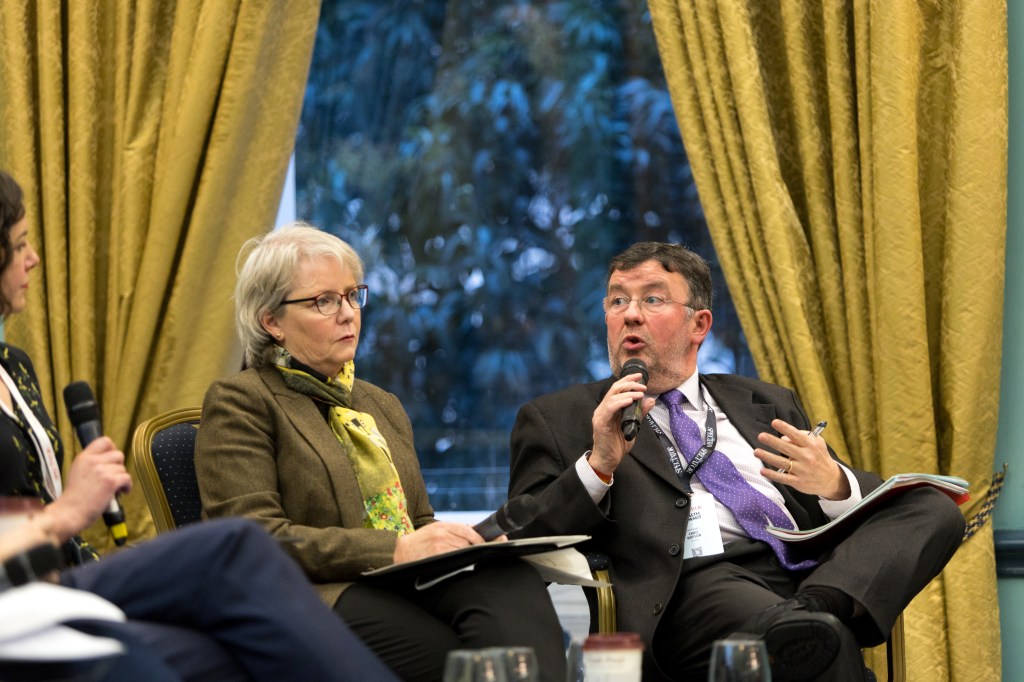
Might a less centralised NHS work better? ‘In every political system, there is always a debate about the degree to which you have central control and local autonomy,’ said Brine. ‘And we know from public commentary on our system, there is a strong view in this country that we tend to be a more centralised country than most other European nations.’ While there has been a move towards more community-focused care in recent years, not enough has changed to sufficiently take the pressure off hospitals and make better use of community healthcare. ‘In many ways, the smaller the unit, the more efficient it tends to be,’ said the Health Committee chair. ‘I emailed my GP practice on Sunday for a repeat prescription. I got a text on Monday lunchtime from my pharmacy and picked it up Monday afternoon. That’s pretty efficient, right? Is it badly run? Not there.’
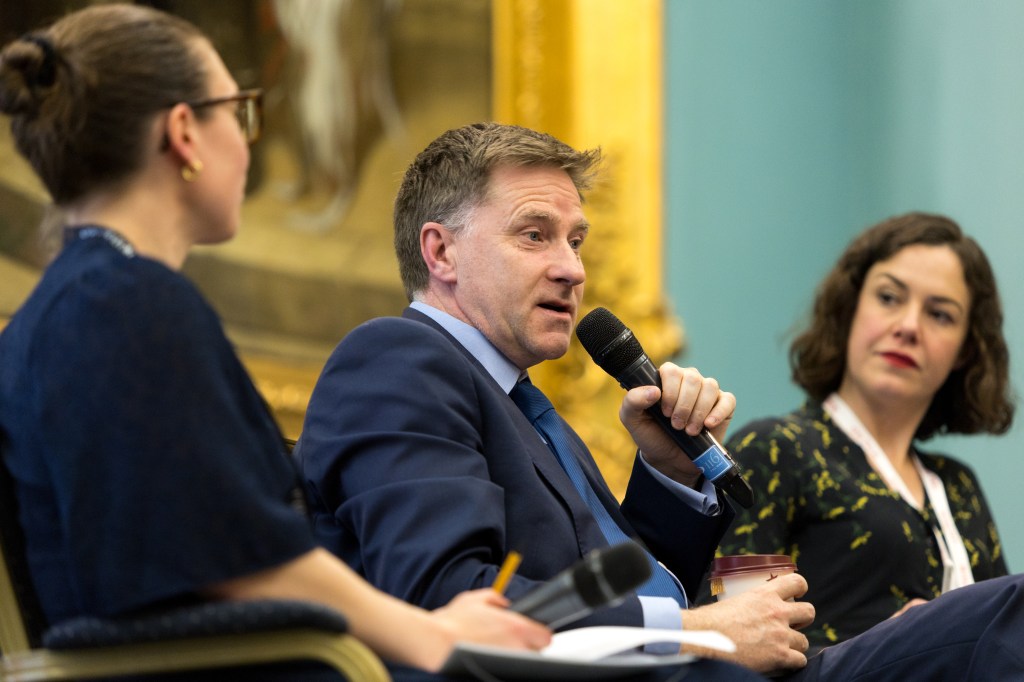
The conversation moved onto productivity. (This is a measure of the NHS’s output relative to the volume of inputs used to deliver the care, like resources and staff.) There’s little doubt that the pandemic had an enormous impact on the NHS. Waiting lists got longer and productivity nosedived: in 2021, it was a fifth lower than before covid. By the end of 2022, it remained about 5 per cent below pre-pandemic levels. So while more money has been put into the service, the patient backlogs are not improving – the Institute for Fiscal Studies has labelled it the NHS’s ‘productivity paradox’. The government’s efficiency target between 2022/23 and 2024/25 is 2.2 per cent per year in a bid to accelerate the pace of change. What’s more, the spending boosts set by Westminster have been agreed on the understanding that the health service will meet the productivity target. So: will it? ‘Who knows the answer?’ Hopson replied, a strikingly honest response on such a key measure.
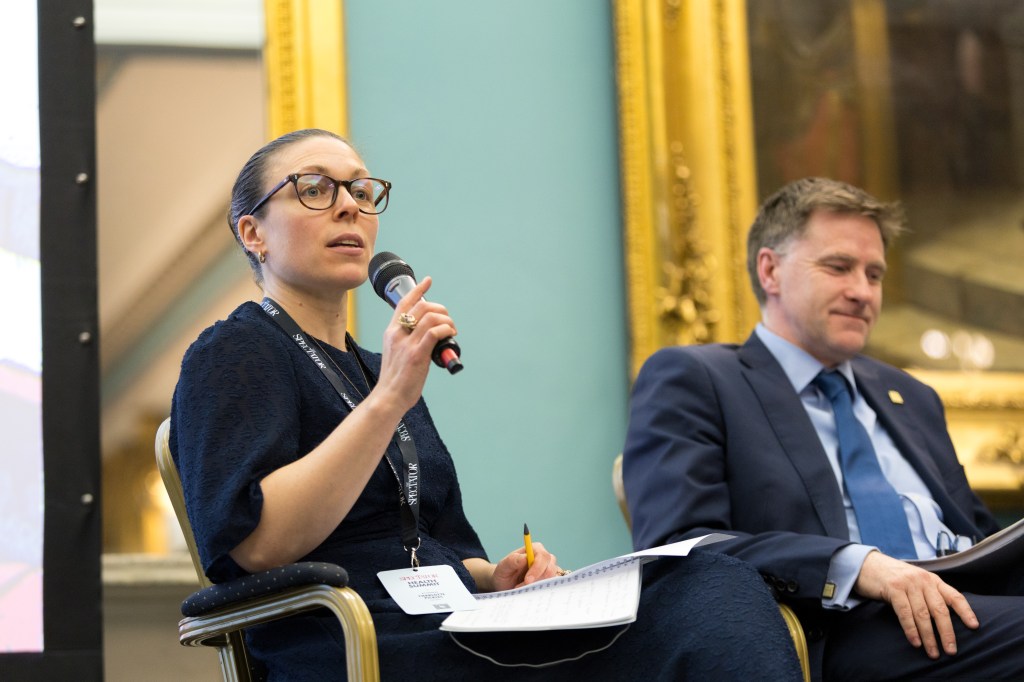
Perhaps unsurprisingly, not many people think the Tories are up to the task of getting the NHS back into good health: half of the public don’t think the government has the right policies to improve public health while 82 per cent of people think the health service has been handled badly. And Brine admitted that the Tory government hasn’t been entirely honest with the public about what health service improvements can be feasibly delivered. ‘If we just continue with this, misleading the public that on any taxation levels we can have the kind of care that people expect, then we’re kidding you.’ He hinted at splits in the Conservative party on the best approach to improving the health service’s performance. The Health Committee chair advocated for investment and reform, before saying that ‘there is certainly a view on certain parts of the House of Commons benches that the NHS has too much money’, adding that ‘some of them think that they’re ‘popular’ – a sly dig at Liz Truss’s PopCon launch.
It’s clear that money alone can’t solve the NHS’s problems. Changing how the health service is run and looking at the role of delivery bodies like NHS England is also vital. Community healthcare needs to be a priority if the government is serious about relieving pressure on hospitals. It must also get serious about the important of preventative medicine. What is clear is that the NHS needs reformed – and quickly. Perhaps more managers might be the answer – though you’d be hard-pressed to find a panel of doctors that would agree.
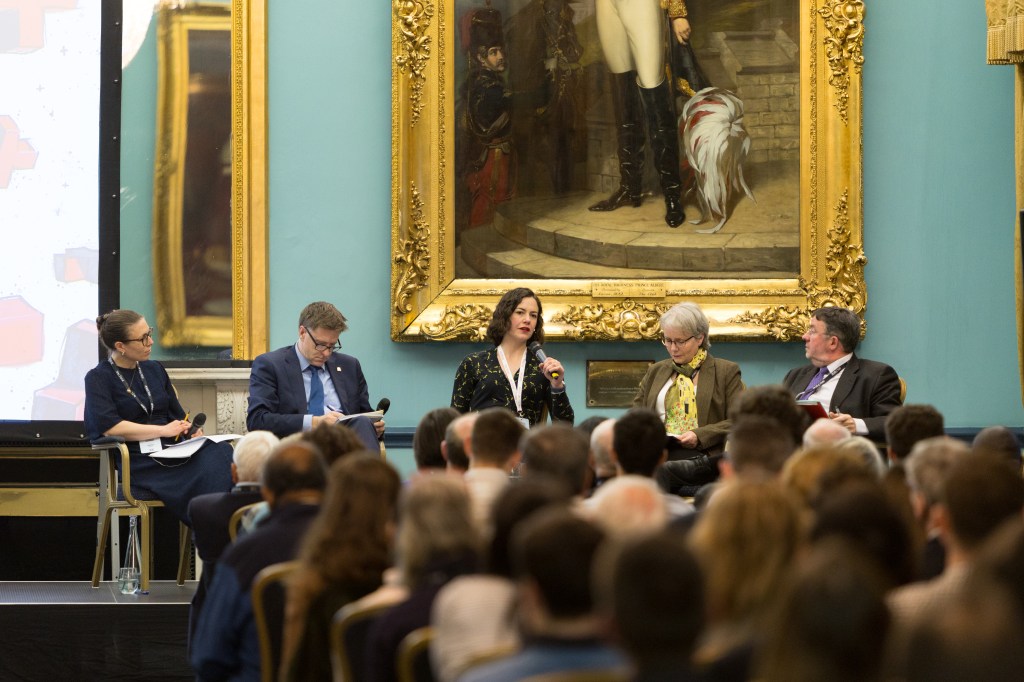


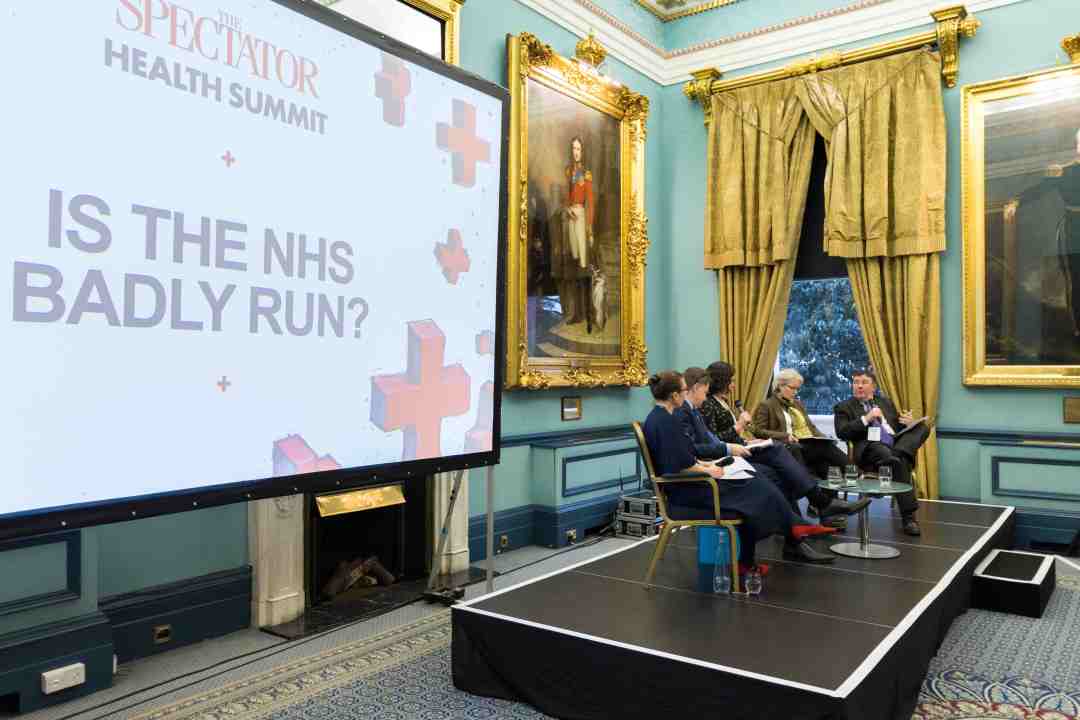
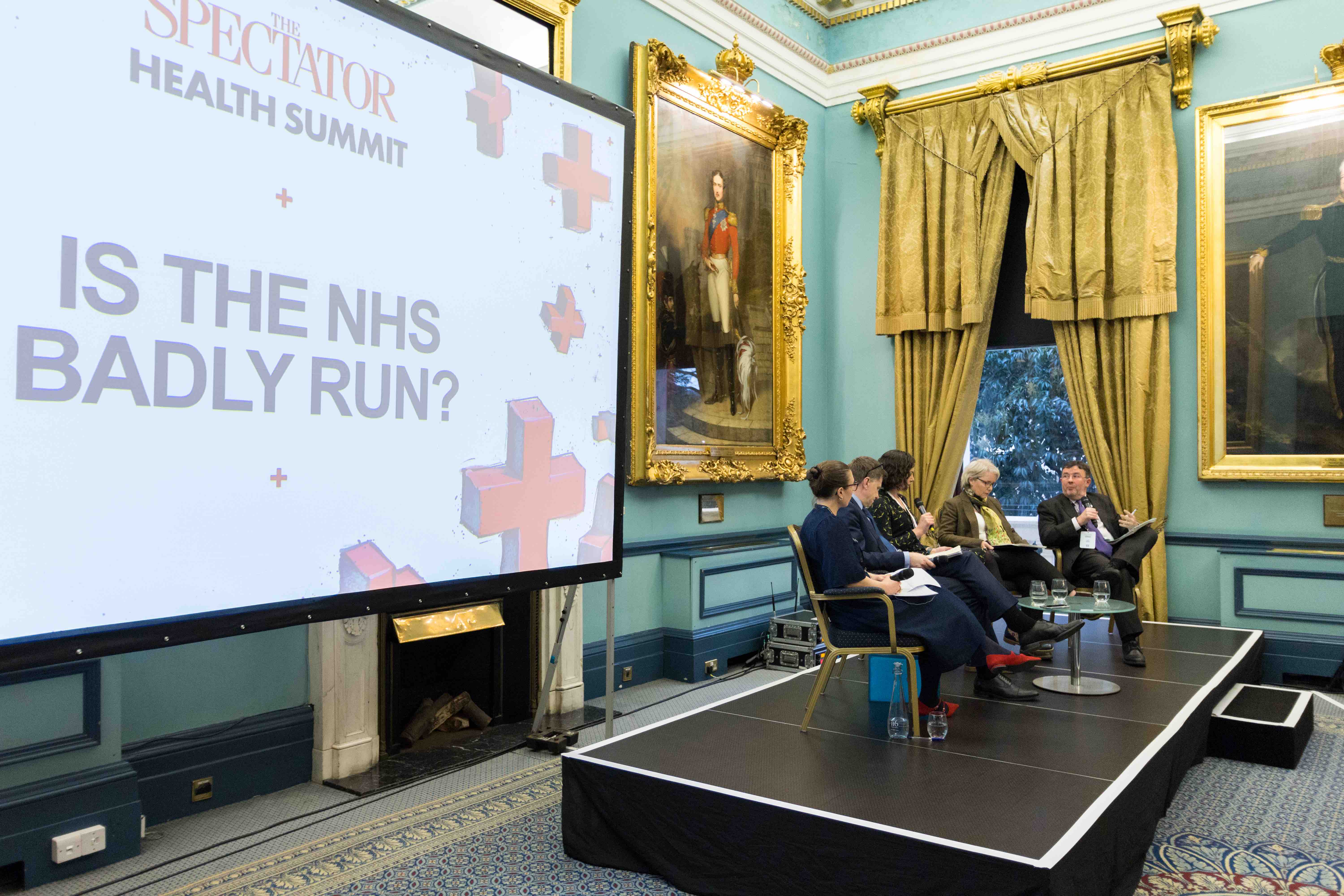




Comments